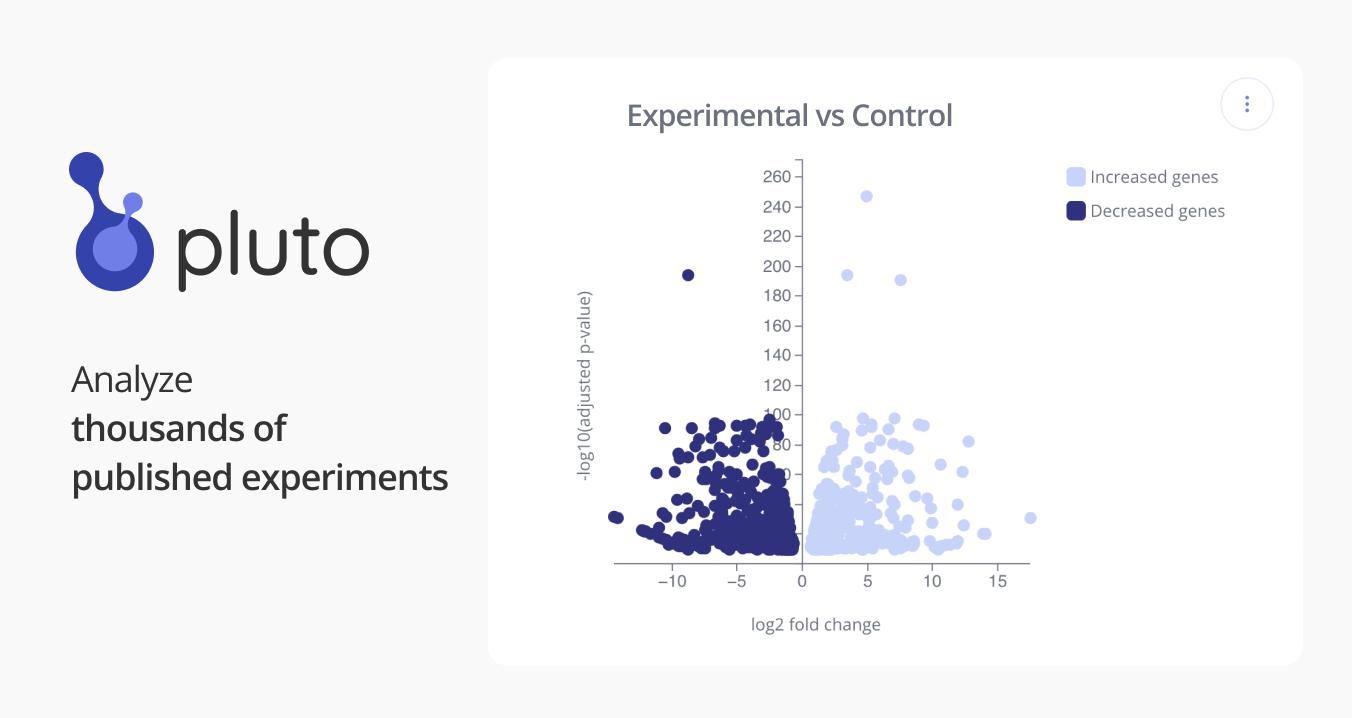Pluto Bioinformatics
GSE102315: Nutritional control of protein translation
Bulk RNA sequencing
Regulation of protein translation is a key feature of many biological processes. Global protein translation as well as translation at the codon level can be regulated by RNA modifications. These modifications are particularly enriched in tRNAs, where they represent an additional regulatory layer on top of the primary RNA sequence. In eukaryotes, levels of tRNA queuosinylation reflect the bioavailability of the precursor queuine, which is salvaged from the gut microbiota and absorbed in the intestine. We show here that reduced queuine supply results in a strong reduction of tRNA queuosinylation in various cultured human cell lines and mouse tissues. In addition, Dnmt2-dependent tRNA methylation is dynamically modulated by the presence or absence of queuine. Ribosome profiling showed that nutritionally determined queuosine-tRNA (Q-tRNA) levels control the translation speed of Q-tRNA decoded codons. Dysregulation of translation resulted in pronounced endoplasmic reticulum stress and activation of the unfolded protein response, which could be rescued by the addition of queuine. Together, these findings establish a direct link between nutrient availability and the decoding of the transcriptome, thus providing a new perspective in our understanding of translational regulation. SOURCE: Francesca Tuorto (f.tuorto@dkfz.de) - Lyko Deutsches Krebsforschungszentrum
